
While traveling last week I spent a couple of days in the mountains for business and pleasure. I'm very happy that I packed every article of warm clothing I own, too, because while we were there it was below freezing most of the time. I brought my camera so I could snap some pics wherever we went, and hoped to see something special while we were on the road. Before this trip I'd arrived at another of those forks in my creative life, and I wanted the universe to point me in the right direction.
You know that saying about being careful what you wish for, right? Yeah. I forgot how painfully valid that one can be.
Reckless wishes aside, we had a wonderful trip, and all I'd planned went off without a single hitch. The hotels where we stayed were comfortable, the locals friendly, and we had some great meals on the advice of friends (an enormous and delicious country meal, gratis Shiloh Walker) and the hotel staff (Emmy, I had the best seafood cannelloni ever that night, thanks again.)
We enjoyed all the towns we visited, but Nature provided the most thrills. My kid finally got to see snow for the first time in her life, and promptly built not one but two snowmen. We spent an entire day walking through forests of ice-gilded trees, sitting beside sparkling waterfalls that sang to us, and peering up in awe at towering cliffs of ancient stone. Everywhere I saw the poetry of Robert Frost, the humor of Bill Bryson, and the art of Andrew Wyeth. I'm a beach girl at heart, but if there is real magic in the world, some of it is in the majesty of the mountains.
The great GPS of the universe never offered a direction for me, however, so on the last day in the mountains I let that go, stopped looking and simply enjoyed myself. We drove up almost a mile into the clouds, stopping now and then to take a few last pictures from the van before we headed for home. One spot offered the most breathtaking view of all; the mountains fading off into what looked like a painting. I had to get out and walk out onto a ledge to get some better shots, and there it was, waiting for me: a sign.
The universe took me literally, as it was an actual sign, stuck in the ground. Everyone who visited the spot probably thought it was charming, but there was something on that sign meant quite the opposite to me.
When you're standing on the edge of a cliff five thousand feet up you don't expect to be confronted by a reminder of the most hateful thing ever done to you. I couldn't quite believe it at first, not in that beautiful place, not when I'd been so happy, and certainly not at this point in my life. Maybe throwing that in my face was the universe's idea of a tasteless joke; I didn't know. To say I was pole-axed is an understatement.
I tried to collect myself. I knew exactly how long and hard I'd worked to forgive and forget this, this thing that had hurt me so much, and put it behind me, and move on. To see it displayed on that sign brought it back, though, in all its ugliness. For a moment I felt as if the universe was laughing in my face, dangling it in front of me, as if daring me to do something about it. Other than pray, you see, I never have.
As I looked away I saw there was something else there, right beside the sign:

Someone had left these lovely, delicate roses in the crook of a tree. It was six degrees below freezing and yet they were the color of warm cream, as fresh and perfect as if they'd just been taken a few moments before from a hothouse. I can't explain how they got there. My guess is they were left by a new bride visiting the mountain top, or someone remembering a loved one they'd lost. Whoever put them there couldn't have known the deep personal meaning roses have for me. In my life they've always been like heralds of hope and love and beauty. Roses brought me and my guy together. I grow them, I write about them, I paint them -- I even named my daughter for them. To see them right there, at that precise moment, seemed as completely unreal as that awful sign.
Then I got it. I went looking for a sign from the universe on what direction I should take, and in truly bedevilling fashion it delivered two. Two choices, two paths to take -- and as I realized this, somehow I also knew that in choosing one I would lose the other forever.
It wasn't a tough decision. The moment I saw those roses, they were all that mattered to me. They were what I wanted in my life, the beauty that had been left for me to find. That basic truth made accepting the roses as my sign so simple. Embracing the roses life brings me in some way or another has always been my wish, my dream -- and now, my reality. As for what was taken from me, there is no more forgiving or forgetting; no more hurt. That ugliness is finally gone from my life now, for good. I left it behind on the mountain with those roses, right here:

I can't tell you why this happened or exactly what it means for my future; part of the journey is discovering that along the way. I can tell you this: in the mountains I found roses and healing and true peace, and I'm grateful to whoever or whatever left them for me.
 I'm in the midst of finishing up some work, so I've invited the Publishing Fairy to stop in and wave her wand over one of you. No, you won't turn into an author. Unless you're a frog. I can't do anything about any accidental amphibian anthropomorphisms.
I'm in the midst of finishing up some work, so I've invited the Publishing Fairy to stop in and wave her wand over one of you. No, you won't turn into an author. Unless you're a frog. I can't do anything about any accidental amphibian anthropomorphisms.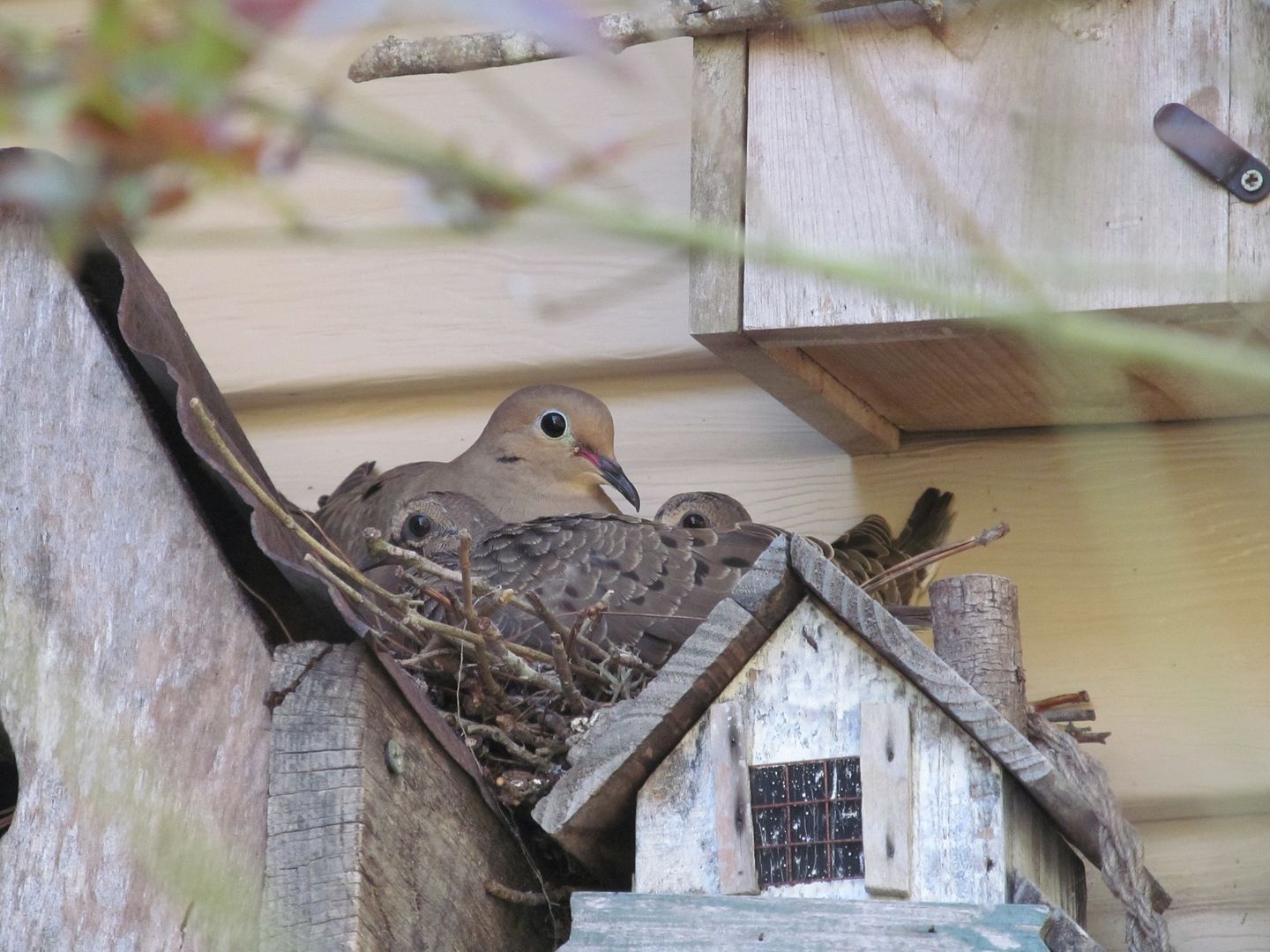

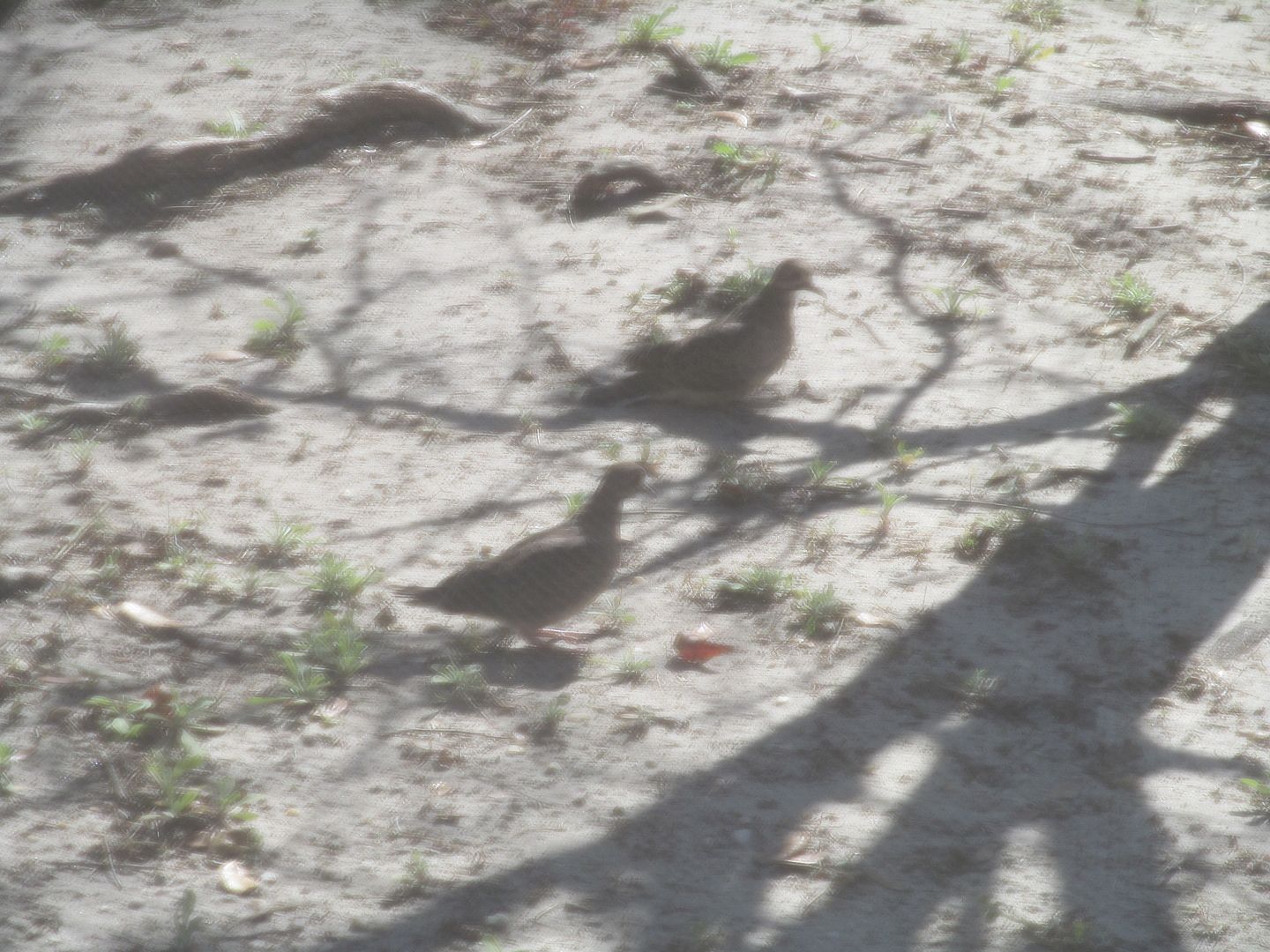
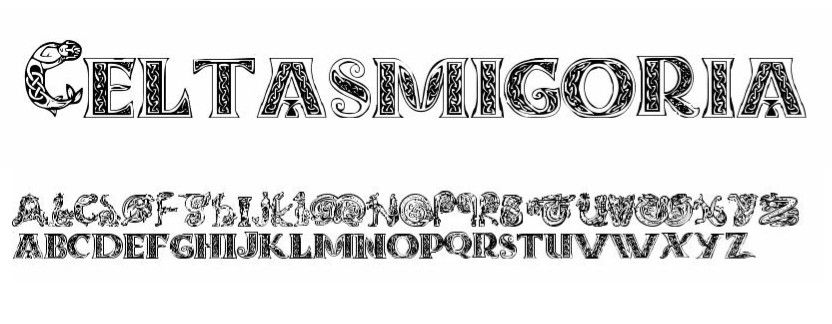
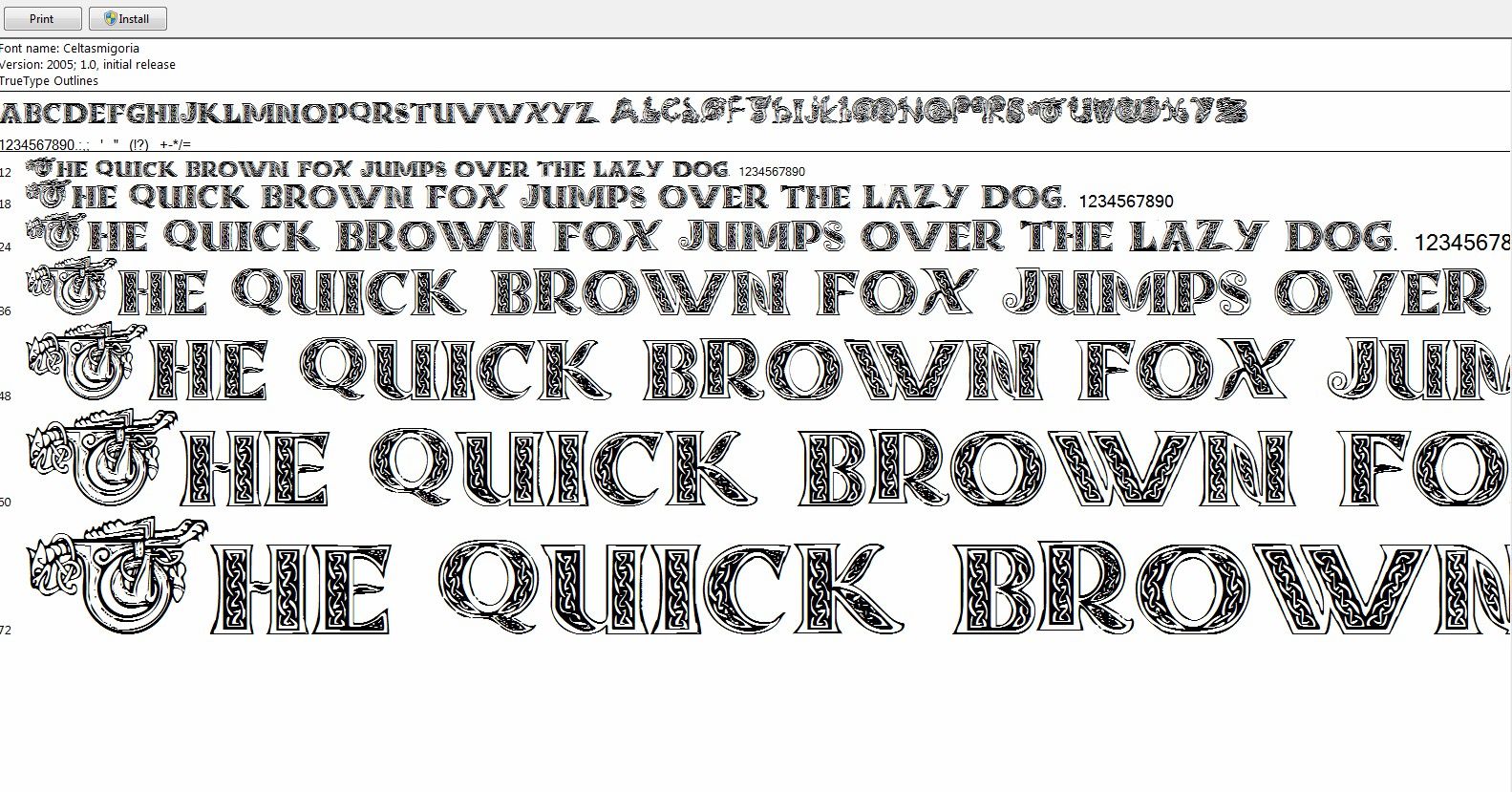
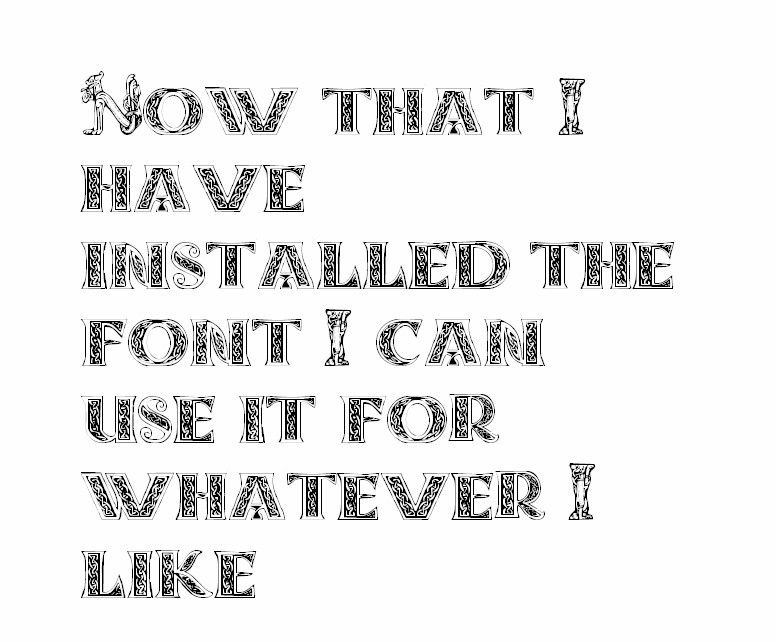
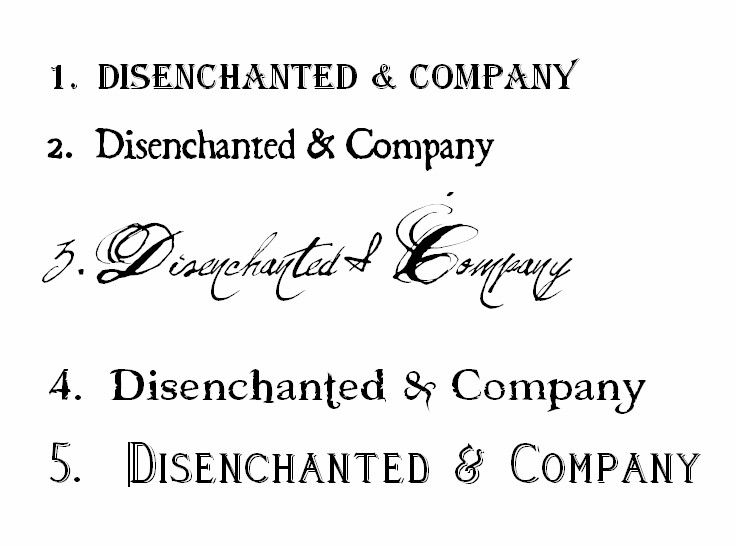
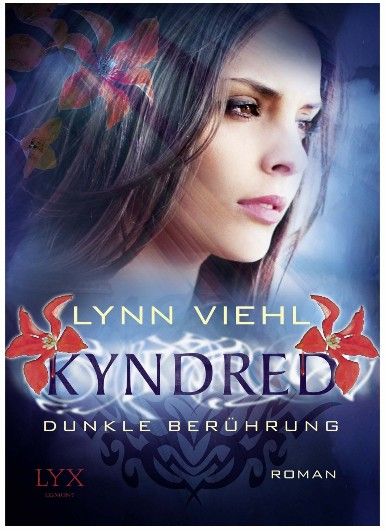
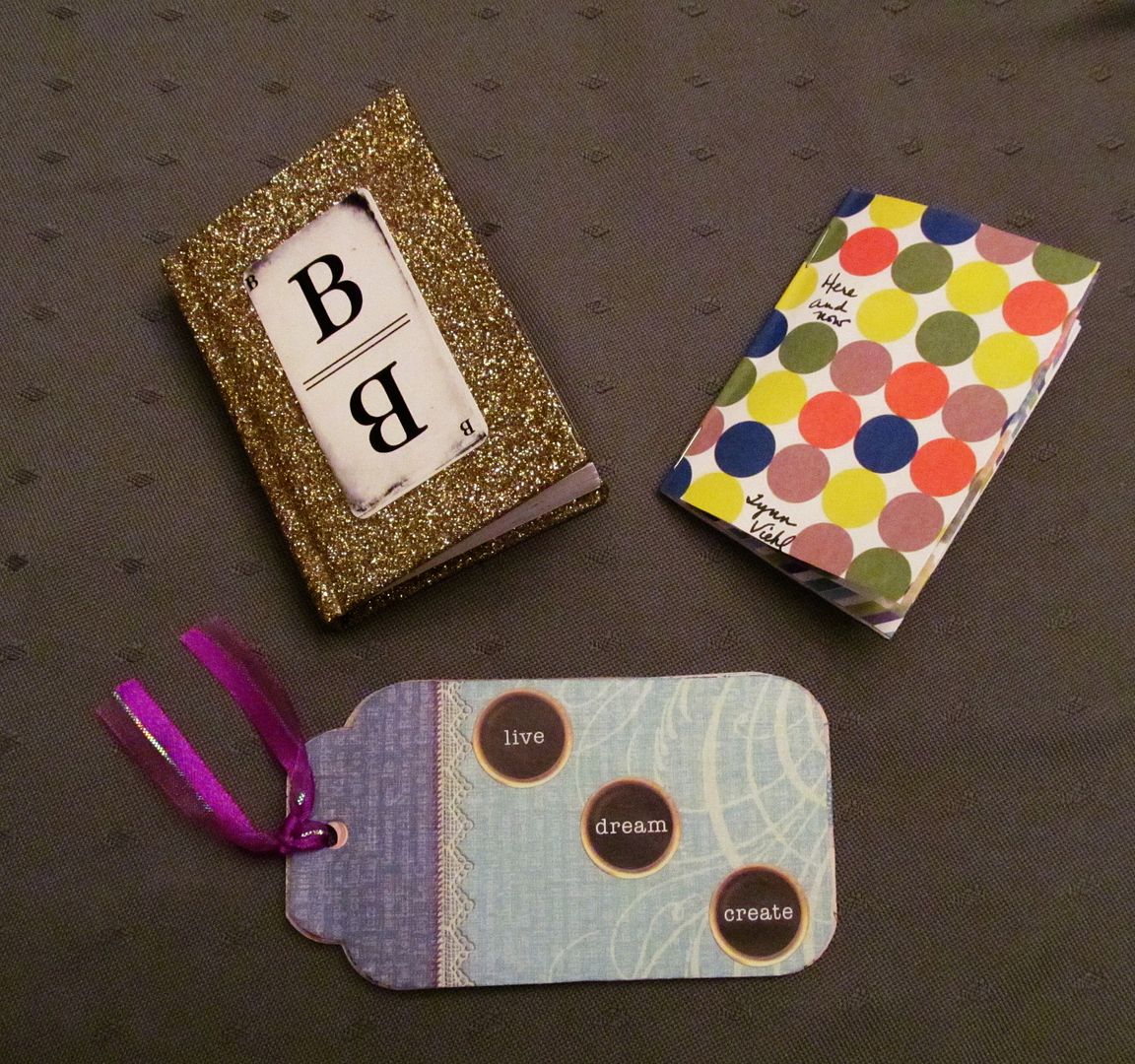 While working on my 1000 Cards Project last year I wrote three small journals. One was an ATC-size blank book I found at BAM and wrote in for a week; fitting my handwriting and art on the tiny pages was an interesting challenge. I also made two other, shorter journals by hand; one that I wrote in for a day and the other a collection of ten thoughts about living the creative life.
While working on my 1000 Cards Project last year I wrote three small journals. One was an ATC-size blank book I found at BAM and wrote in for a week; fitting my handwriting and art on the tiny pages was an interesting challenge. I also made two other, shorter journals by hand; one that I wrote in for a day and the other a collection of ten thoughts about living the creative life.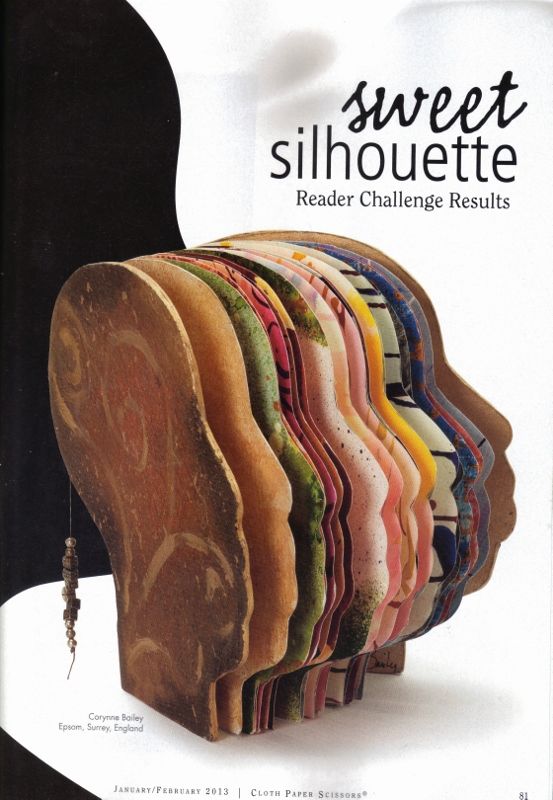 A small project can help you think outside the journaling box, too. I was fascinated by the shape of this reader challenge silhouette book in the Jan/Feb '13 issue of Cloth Paper Scissors; I'd love to make a little journal like this shaped by its own theme, like love poems in a heart-shaped journal or a quilting diary shaped by my favorite patchwork template. I can also see making a neat photo journal of my pups shaped like a bone or in one of their silhouettes. You can also find ready-made shaped notebooks around if you look; I spotted
A small project can help you think outside the journaling box, too. I was fascinated by the shape of this reader challenge silhouette book in the Jan/Feb '13 issue of Cloth Paper Scissors; I'd love to make a little journal like this shaped by its own theme, like love poems in a heart-shaped journal or a quilting diary shaped by my favorite patchwork template. I can also see making a neat photo journal of my pups shaped like a bone or in one of their silhouettes. You can also find ready-made shaped notebooks around if you look; I spotted 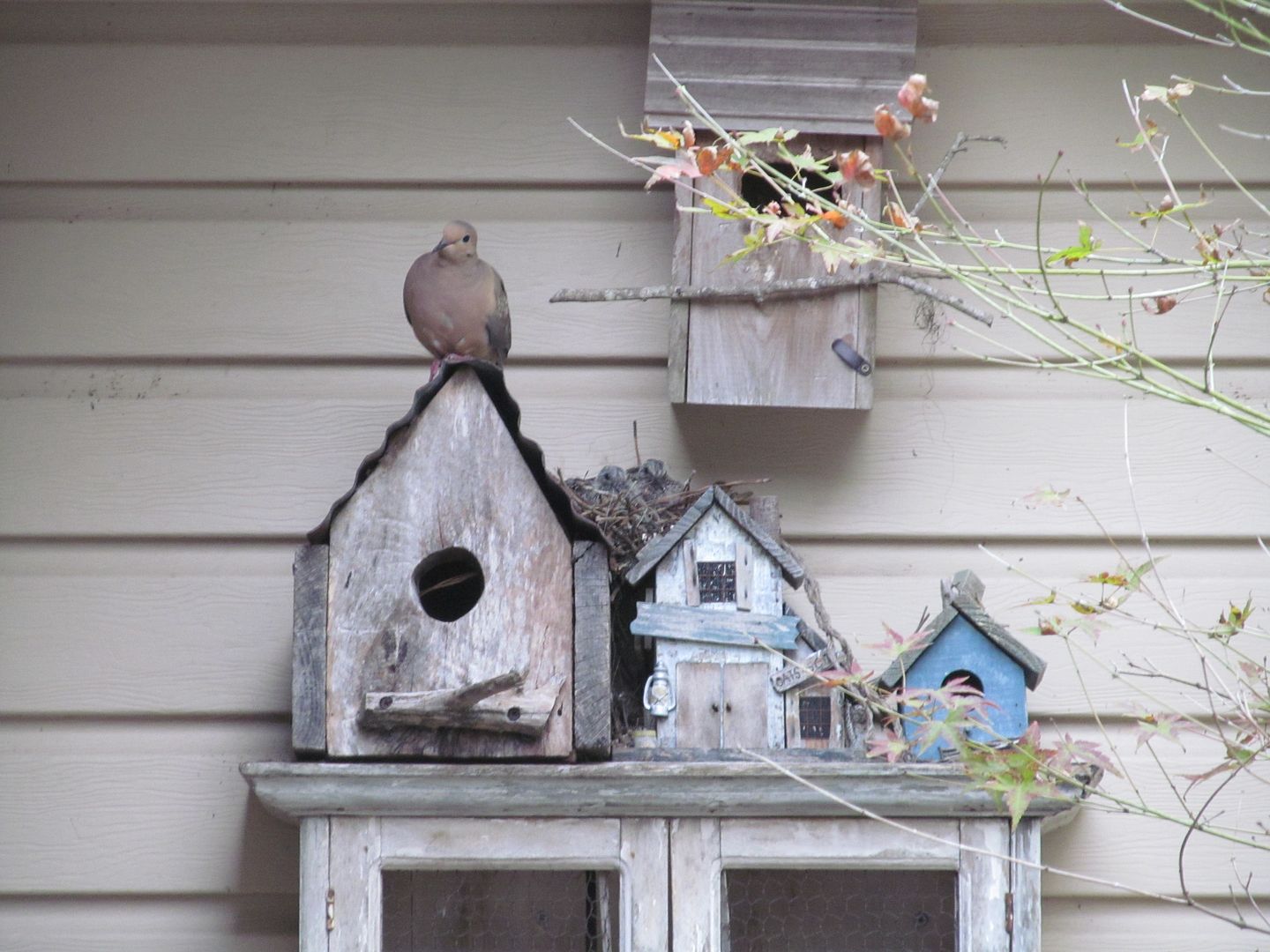
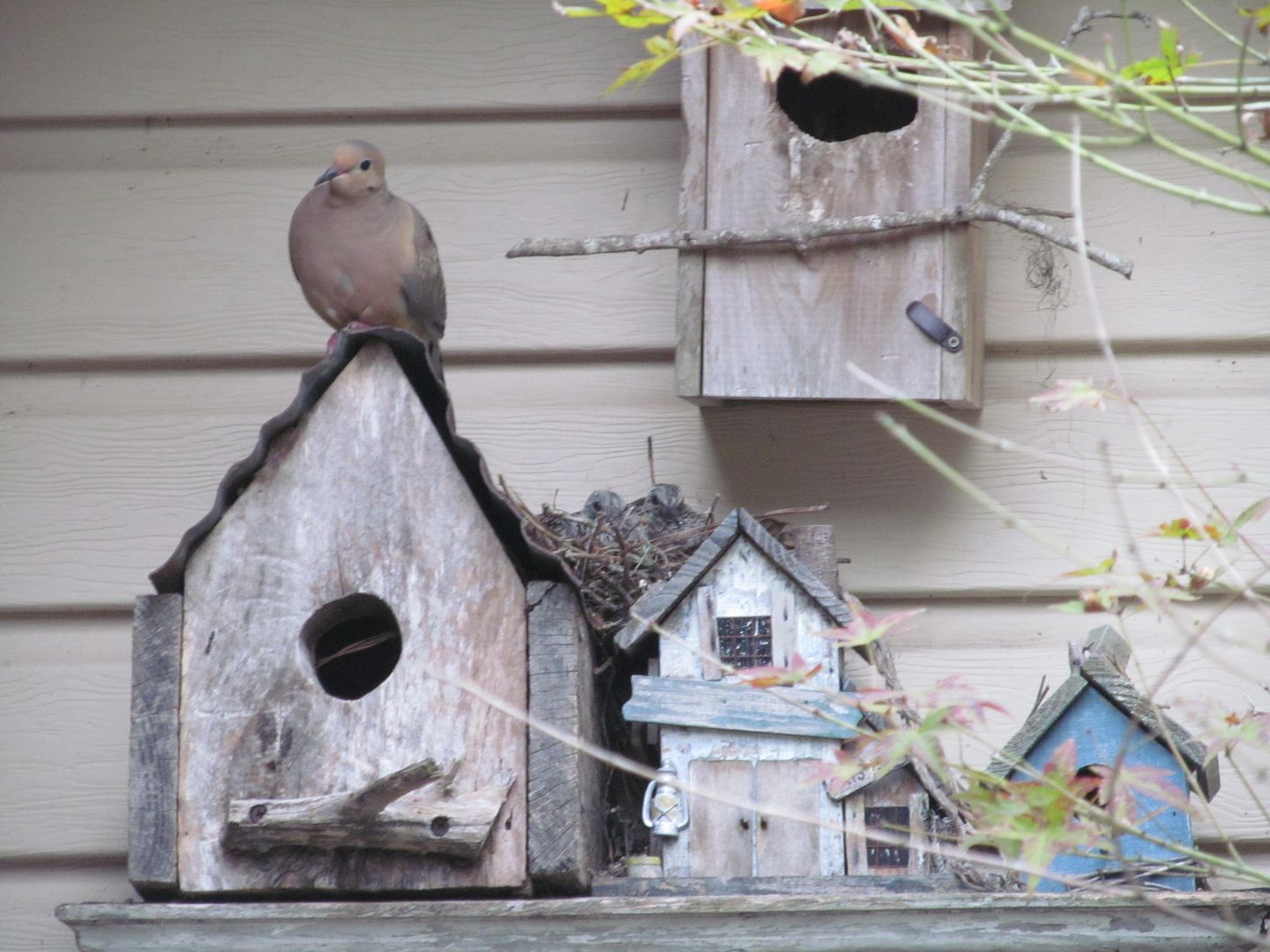
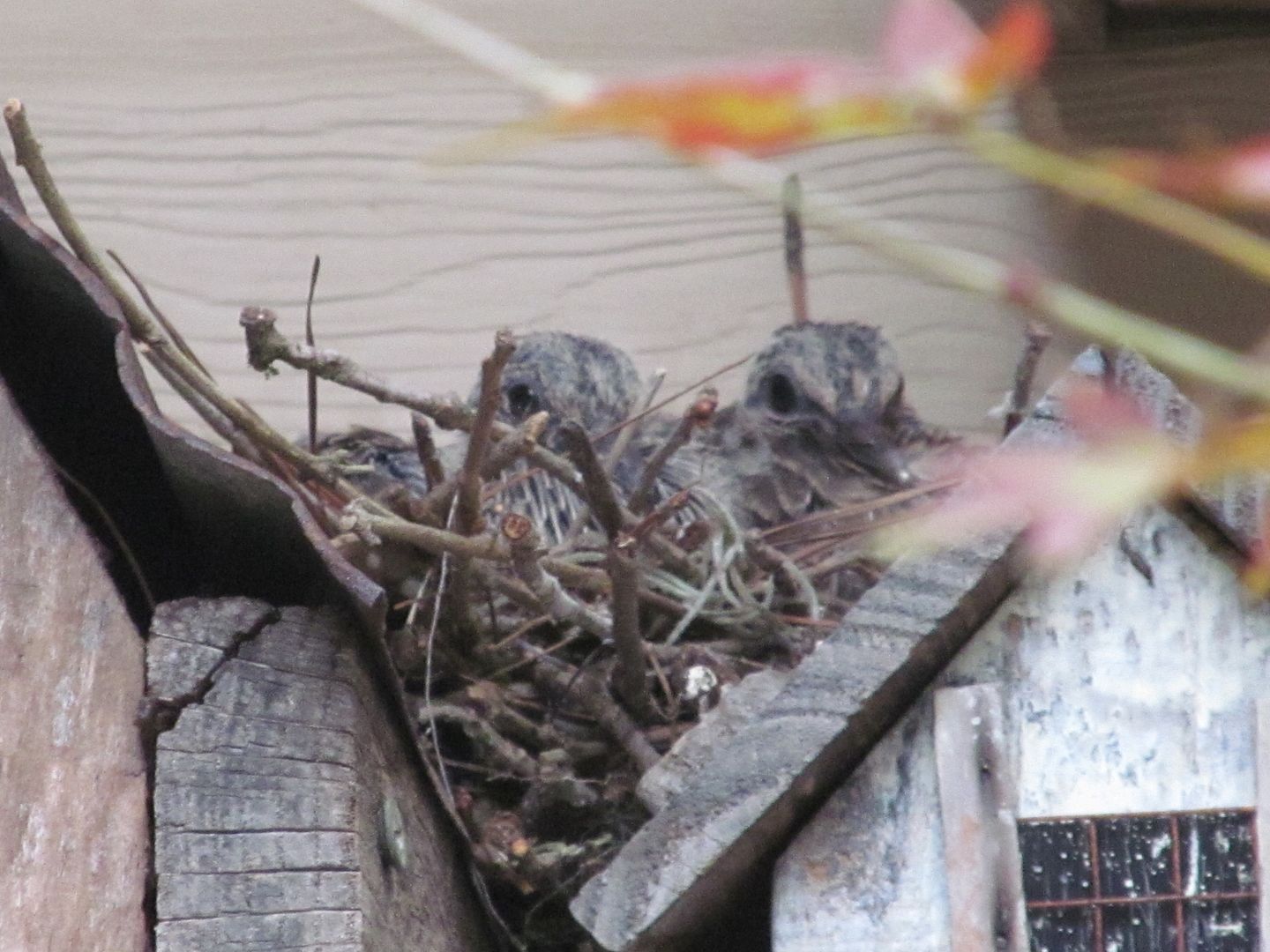
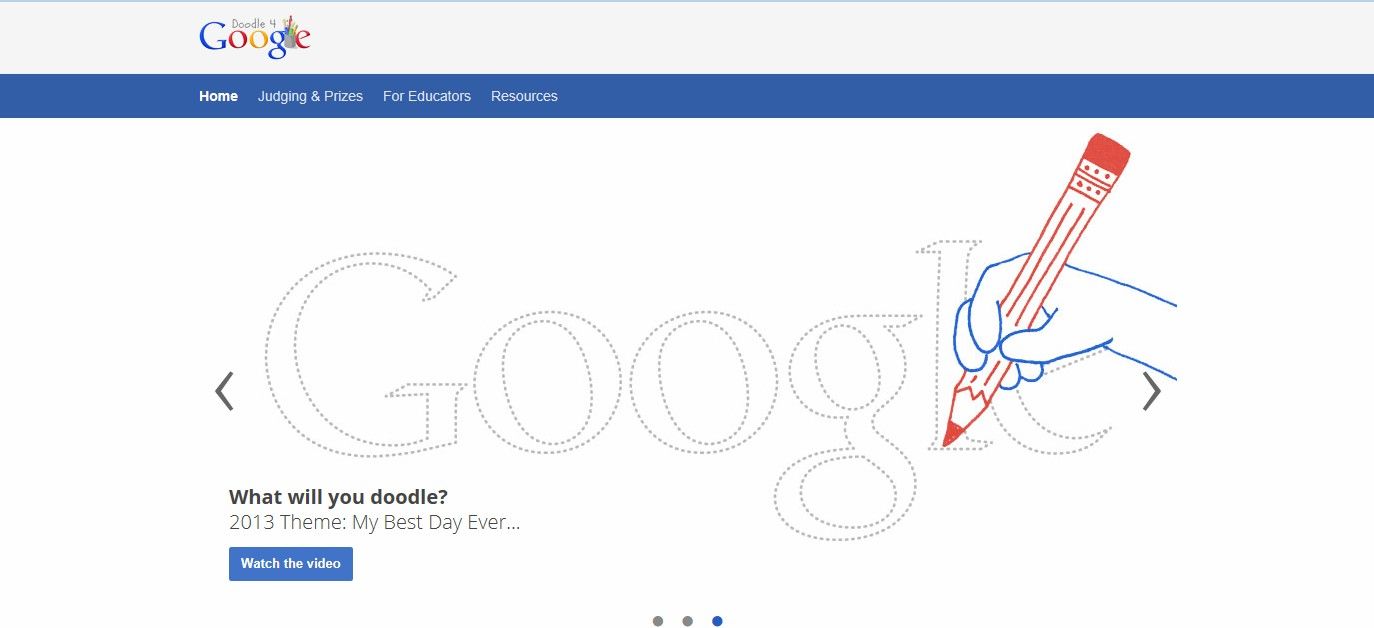
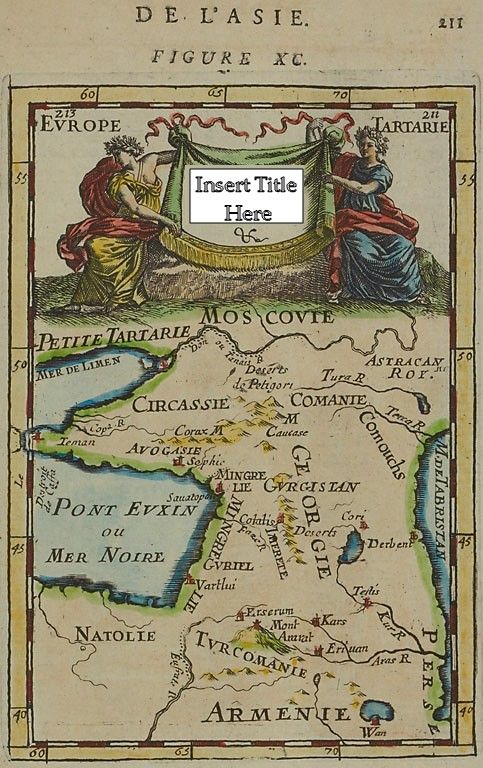 After getting into
After getting into 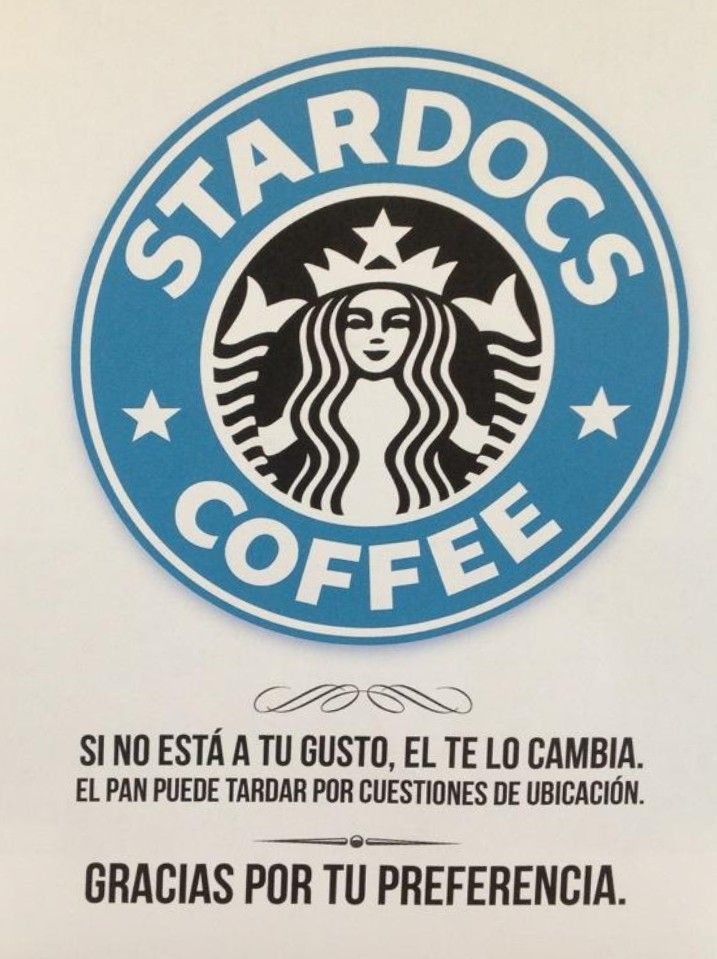
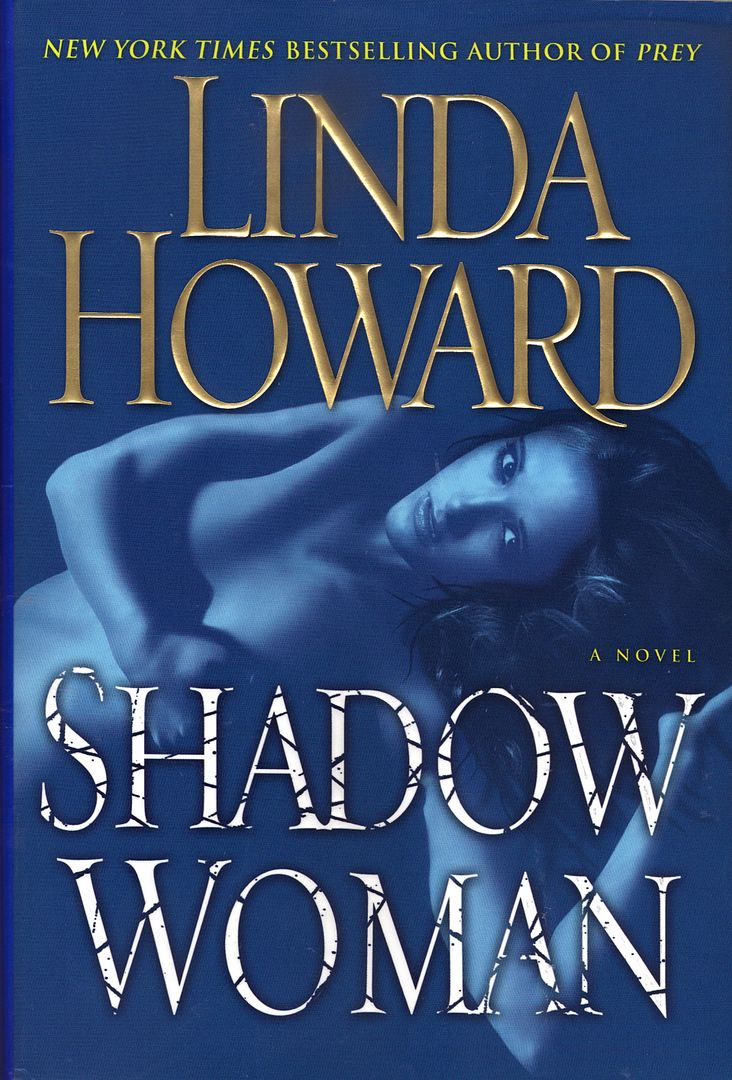 It's the tenth day of 2013 and I haven't yet read a book this year. Shameful, I know, but I had that trip to the mountains as well as a personal agenda. I like to start off my reading year with a book I really want to read by an author I can depend on to deliver. It sets a tone for the rest of the calendar, plus it's fun deciding which title to pick.
It's the tenth day of 2013 and I haven't yet read a book this year. Shameful, I know, but I had that trip to the mountains as well as a personal agenda. I like to start off my reading year with a book I really want to read by an author I can depend on to deliver. It sets a tone for the rest of the calendar, plus it's fun deciding which title to pick. While traveling last week I spent a couple of days in the mountains for business and pleasure. I'm very happy that I packed every article of warm clothing I own, too, because while we were there it was below freezing most of the time. I brought my camera so I could snap some pics wherever we went, and hoped to see something special while we were on the road. Before this trip I'd arrived at another of those forks in my creative life, and I wanted the universe to point me in the right direction.
While traveling last week I spent a couple of days in the mountains for business and pleasure. I'm very happy that I packed every article of warm clothing I own, too, because while we were there it was below freezing most of the time. I brought my camera so I could snap some pics wherever we went, and hoped to see something special while we were on the road. Before this trip I'd arrived at another of those forks in my creative life, and I wanted the universe to point me in the right direction.

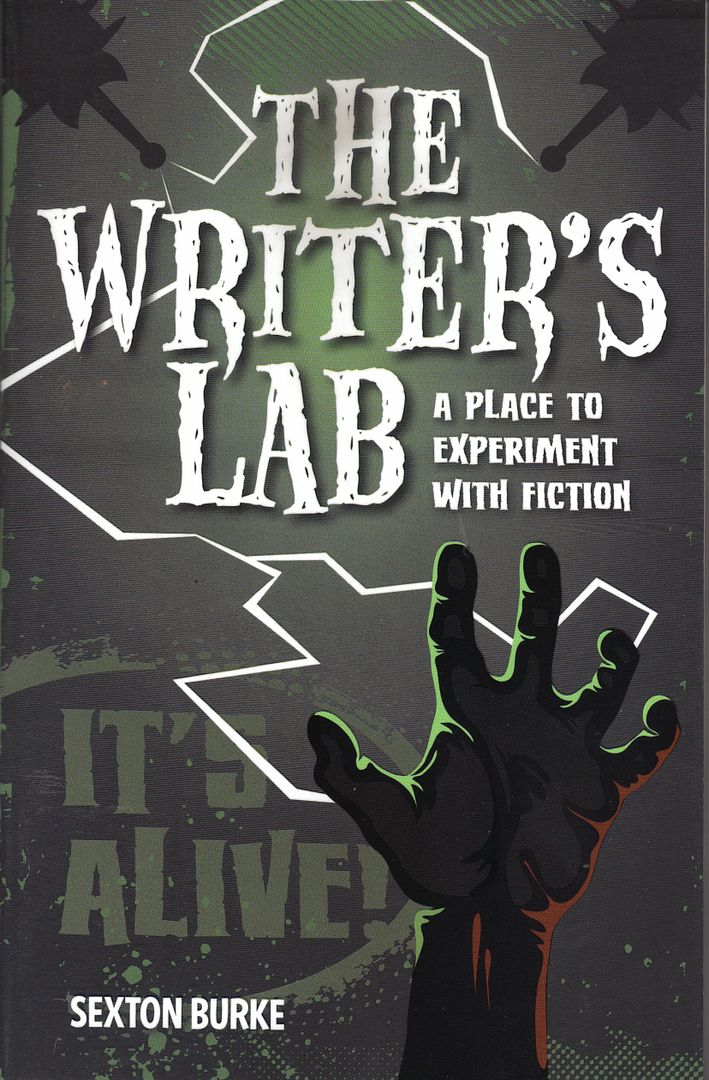 Over the holidays a friend gave me a copy of Sexton Burke's The Writer's Lab, a guided writing practice book in which every page challenges you to create on demand. Don't be fooled by the mad scientist-styled cover art, either; this is a seriously amazing vault of excellent writing exercises.
Over the holidays a friend gave me a copy of Sexton Burke's The Writer's Lab, a guided writing practice book in which every page challenges you to create on demand. Don't be fooled by the mad scientist-styled cover art, either; this is a seriously amazing vault of excellent writing exercises.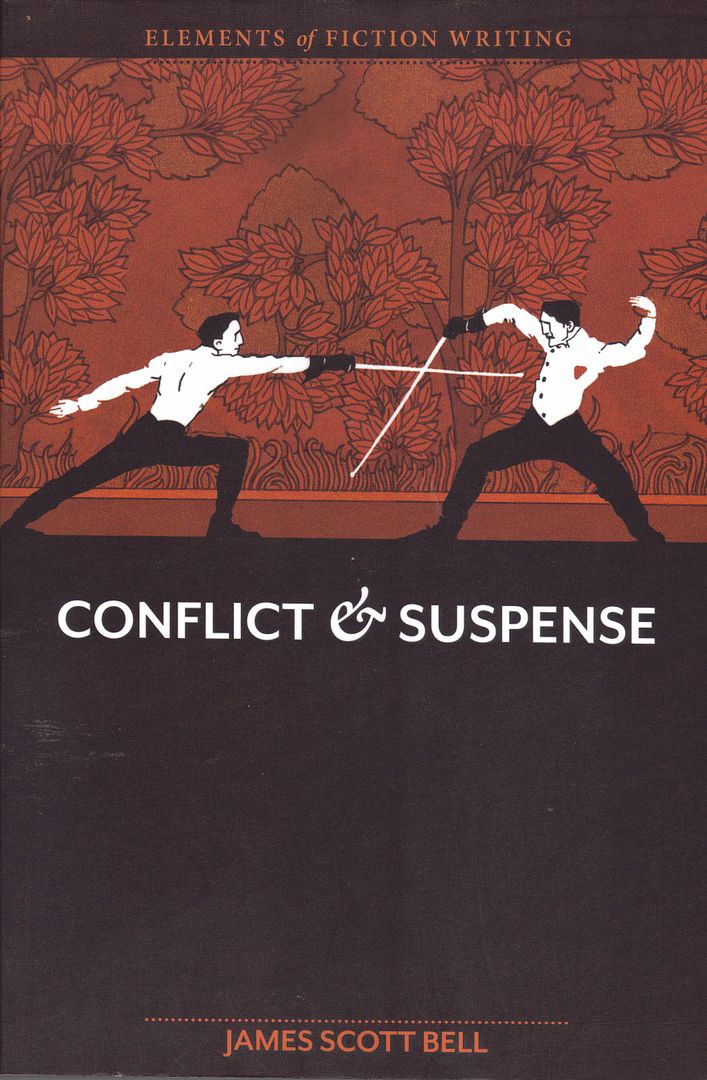 I always have mixed feelings about writing how-to books; many are okay, some are good but only a very few are excellent. There are only five I've recommended without any reservation; among them is The Art of War for Writers by James Scott Bell. Now after reading his elements of writing fiction book, Conflict & Suspense, I have to change that to six.
I always have mixed feelings about writing how-to books; many are okay, some are good but only a very few are excellent. There are only five I've recommended without any reservation; among them is The Art of War for Writers by James Scott Bell. Now after reading his elements of writing fiction book, Conflict & Suspense, I have to change that to six.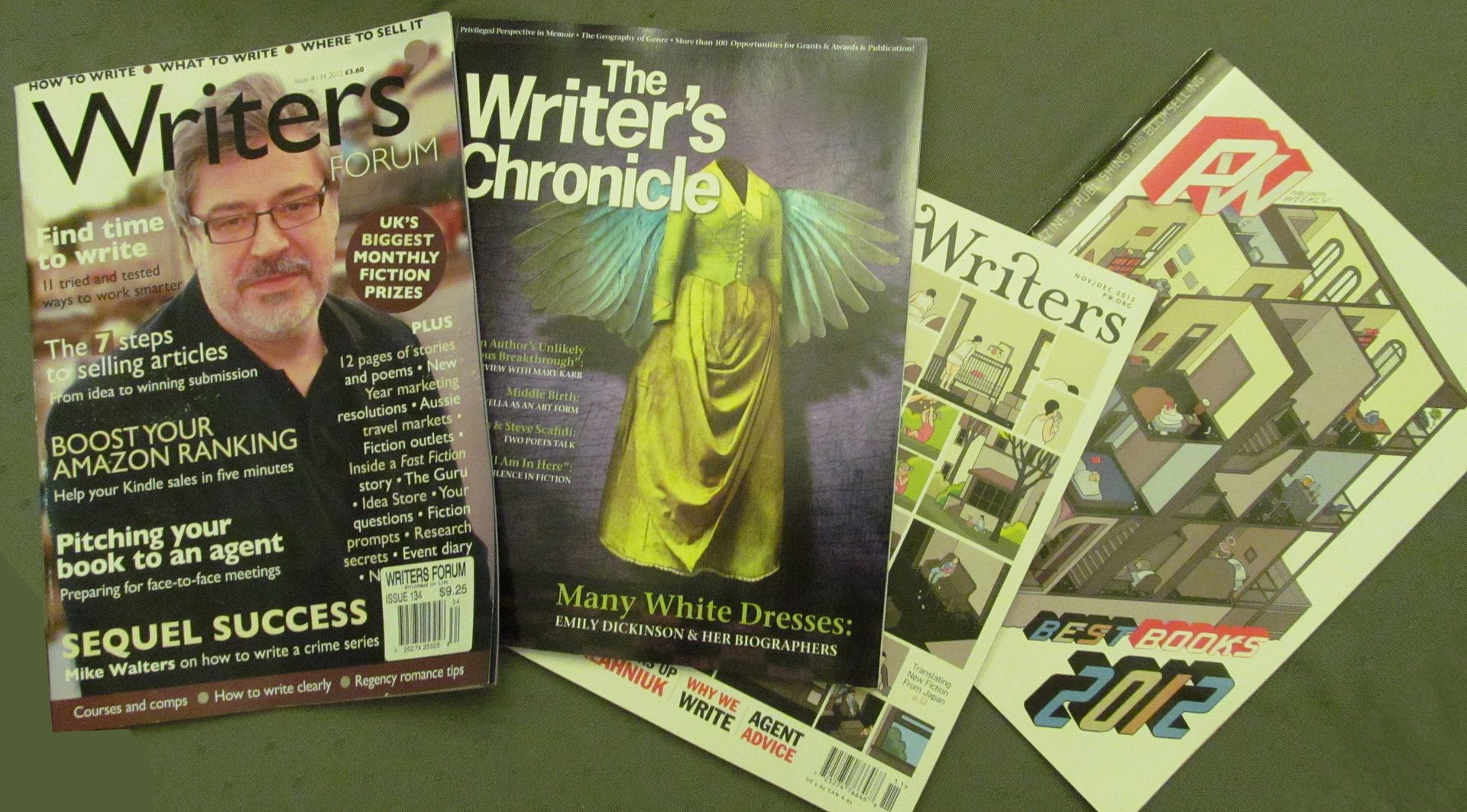 I'm off on a road trip this week, and since most of the time I will be unplugged from the internet I'm going to disable comments until I get back (I will enable them on my return, I promise.) I apologize in advance for any inconvenience this causes.
I'm off on a road trip this week, and since most of the time I will be unplugged from the internet I'm going to disable comments until I get back (I will enable them on my return, I promise.) I apologize in advance for any inconvenience this causes.
